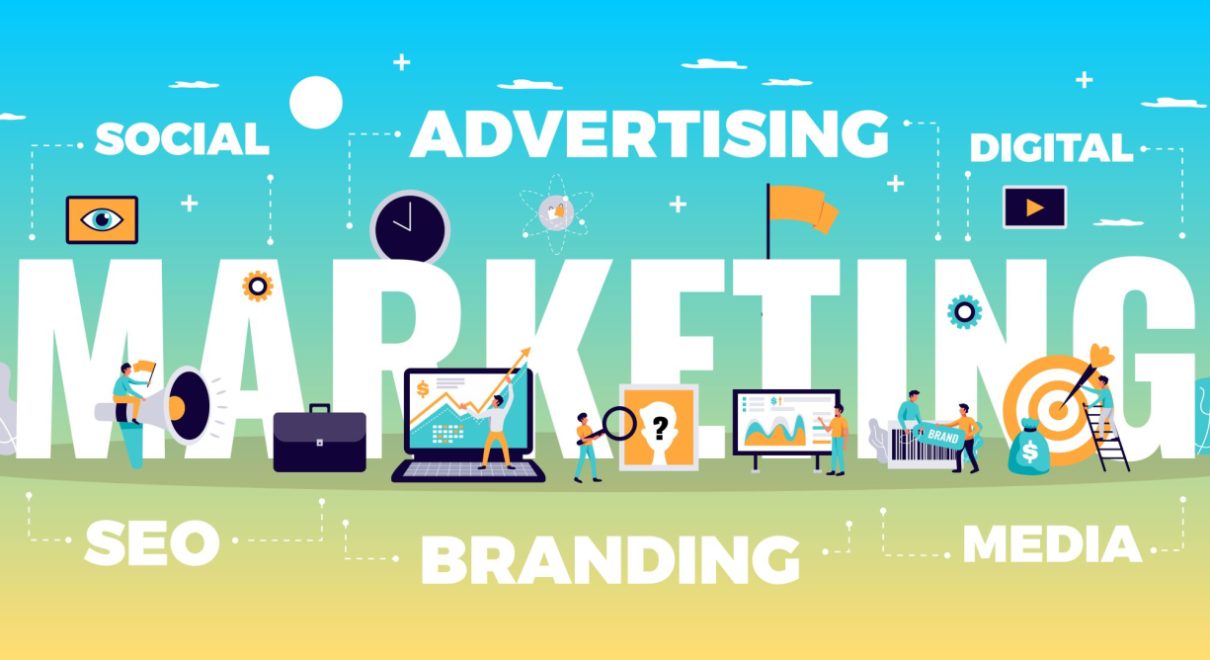A Digital Marketer is responsible for developing and implementing a comprehensive digital marketing strategy to promote a company’s products or services. Their role involves using a variety of digital channels to reach and engage with customers, and to drive traffic and sales. A digital marketer’s responsibilities typically include:
Defining Target Audience:
Identifying the demographics, interests, and pain points of the company’s ideal customer, in order to create relevant and engaging content.
Conducting Market Research:
Gather data on target audience, competitors and industry trends to identify opportunities and challenges and inform the digital marketing strategy.
Developing and Implementing a Comprehensive Digital Marketing Strategy:
Creating a plan that covers all aspects of digital marketing, including SEO, social media, email marketing, content marketing, and paid advertising.
Managing and Optimizing a Company Website:
Ensuring that the website is responsive, easy to navigate, and optimized for search engines.
Optimizing Website for Search Engines:
Improving website visibility in search engine results pages (SERPs) through keyword research, on-page optimization, and link building.
Managing and Optimizing Social Media Accounts:
Developing and implementing a social media strategy, creating and scheduling content, and engaging with followers.
Managing and Optimizing Email Marketing Campaigns:
Creating and sending newsletters, promotional emails, and transactional emails to build relationships with customers and drive sales.
Creating and Managing Content:
Developing and distributing valuable, relevant, and consistent content in various forms including blog posts, infographics, videos, podcasts, webinars, and case studies.
Influencer Marketing:
Identifying and working with influential people to promote products and services.
Affiliate Marketing:
Identifying and partnering with other businesses or individuals to promote products and services.
Paid Advertising:
Planning and executing paid advertising campaigns on platforms such as Google AdWords, Facebook Ads, and Instagram Ads.
Analysing and Reporting on Digital Marketing Campaigns:
Using tools such as Google Analytics to track website traffic and conversions, and to measure the effectiveness of digital marketing campaigns.
Staying Up-to-Date with Digital Marketing Trends and Best Practices:
Continuously researching and learning about new technologies and trends in digital marketing, and making adjustments to the digital marketing strategy as needed.
In addition to these specific responsibilities, a digital marketer must also have strong communication and project management skills, as well as the ability to think creatively and strategically. They must be able to work collaboratively with other teams and departments, such as design, IT, and sales, to ensure that the digital marketing campaigns are aligned with the overall goals of the company.
